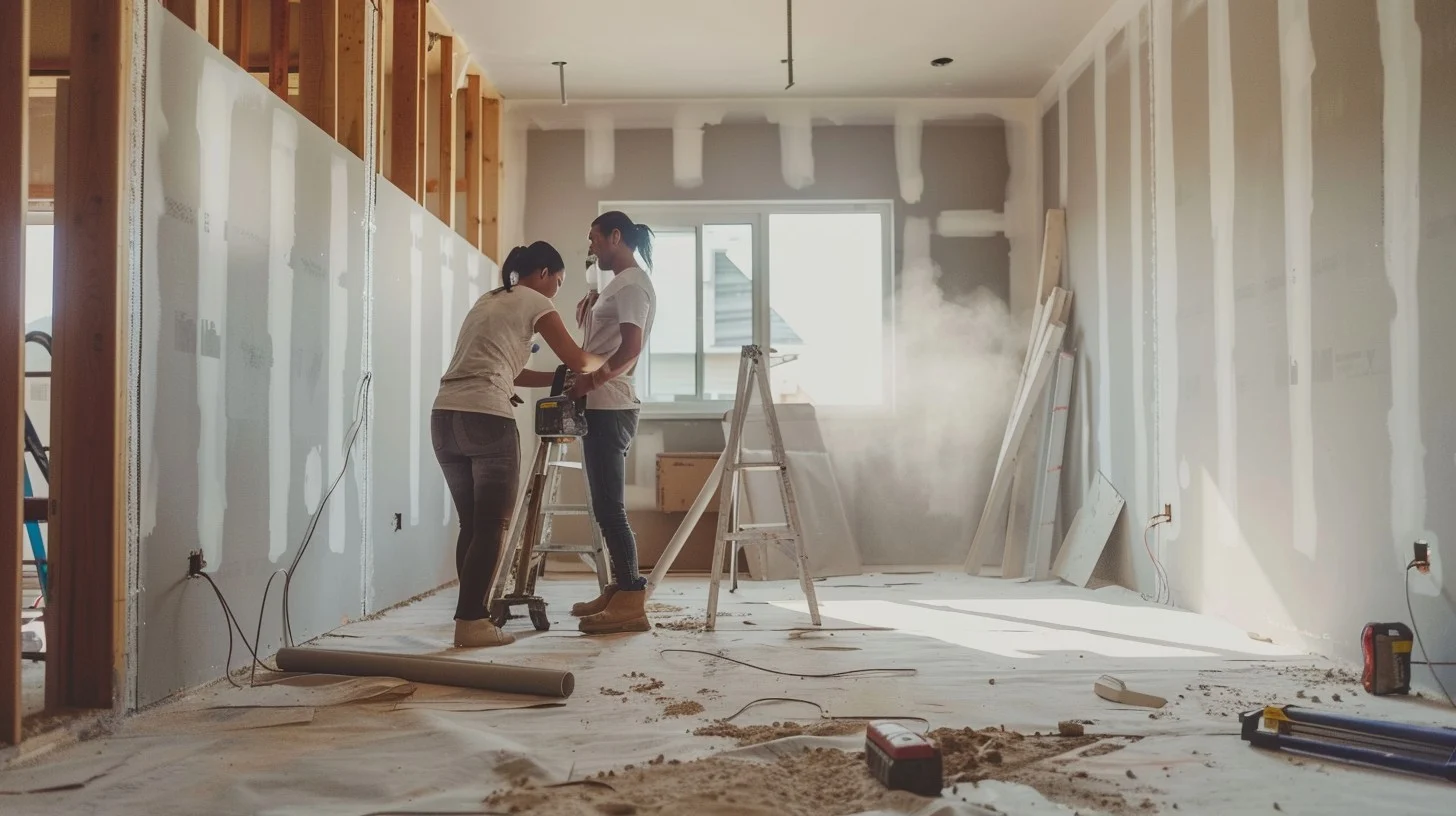Our Location
304 North Cardinal St.
Dorchester Center, MA 02124
Sonia.I.Design
Sonia.I.Design
Renovating your home in Sydney can be an exciting journey, whether you’re upgrading your kitchen, expanding your living space, or giving your interiors a modern makeover. However, before you start knocking down walls, it’s crucial to understand Sydney’s home renovation rules to avoid fines, delays, or legal complications.
From council approvals to heritage restrictions, we’ll walk you through the key regulations every homeowner must know before starting a renovation project in Sydney.
Before beginning a home renovation, you need to determine whether your project requires a Development Approval (DA) from the local council or if it qualifies for a Complying Development Certificate (CDC), which is a faster approval process.
A DA is required for larger renovations that significantly alter the structure or appearance of a home. This process involves submitting plans to the local council and can take several weeks or months for approval.
A CDC allows certain renovations, like internal alterations, small extensions, or garage conversions, to bypass the lengthy DA process. It provides a streamlined approval if the renovation meets state government standards.
Tip: Work with a licensed certifier to determine whether your project qualifies for a CDC to save time and effort.
Sydney’s zoning laws determine what type of renovations are permitted in specific areas. Before starting a project, check with your local council’s zoning regulations to ensure your plans comply.
How to Check? Visit the NSW Planning Portal or your local council’s website to access zoning information and property-specific restrictions.
Once you have DA or CDC approval, you’ll likely need a Construction Certificate (CC) before work begins. This certificate ensures that the planned renovation meets Building Code of Australia (BCA) standards and is structurally sound.
Why It’s Important: Without a CC, construction cannot legally begin, and failure to obtain one could result in fines or forced demolition.
Sydney’s Home Building Act 1989 requires that any renovation work exceeding $5,000 must be carried out by a licensed builder or contractor. You can verify a builder’s license through the NSW Fair Trading website.
✔️ A valid builder’s license
✔️ Experience in home renovations
✔️ Positive client reviews and portfolio
✔️ Insurance coverage, including Home Building Compensation (HBC) Insurance for jobs over $20,000
Tip: Always sign a detailed contract outlining costs, timelines, and project scope before work begins.
Renovations can be noisy, and Sydney has strict noise control regulations to prevent disturbances to neighbors.
Failing to comply with these noise regulations can result in complaints from neighbors and fines from the local council.
Tip: Inform your neighbors in advance about your renovation plans to avoid disputes.
Renovations often generate a significant amount of waste, from old flooring to demolished walls. Sydney has strict waste management laws to ensure proper disposal.
Where to Dispose of Waste? Sydney’s Resource Recovery Centres allow homeowners to dispose of construction waste legally and sustainably.
If your renovation involves electrical work, fire safety upgrades, or rewiring, you must comply with NSW fire safety and electrical standards.
All electrical work must be done by a licensed electrician, and you should obtain an Electrical Compliance Certificate post-renovation.
Before starting renovations, check whether your home insurance policy covers damages related to construction work. Some policies require temporary upgrades to protect against construction-related risks, such as fire, structural collapse, or water damage.
Tip: Inform your insurer about your renovation plans to avoid coverage gaps.
Renovating your home in Sydney requires careful planning and compliance with legal regulations. From zoning laws to waste disposal and noise restrictions, understanding these rules ensures a smooth renovation process without unexpected fines or delays.
If you’re looking for expert guidance on designing and renovating your home, The DreamCatcher Interiors and Lifestyle is here to help. Our experienced team specializes in creating functional, stylish, and legally compliant interiors tailored to your needs.
📞 Contact us today for a consultation and let’s bring your renovation vision to life!
